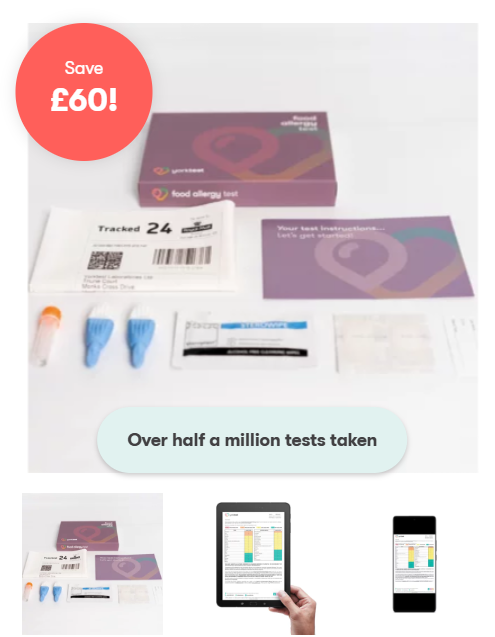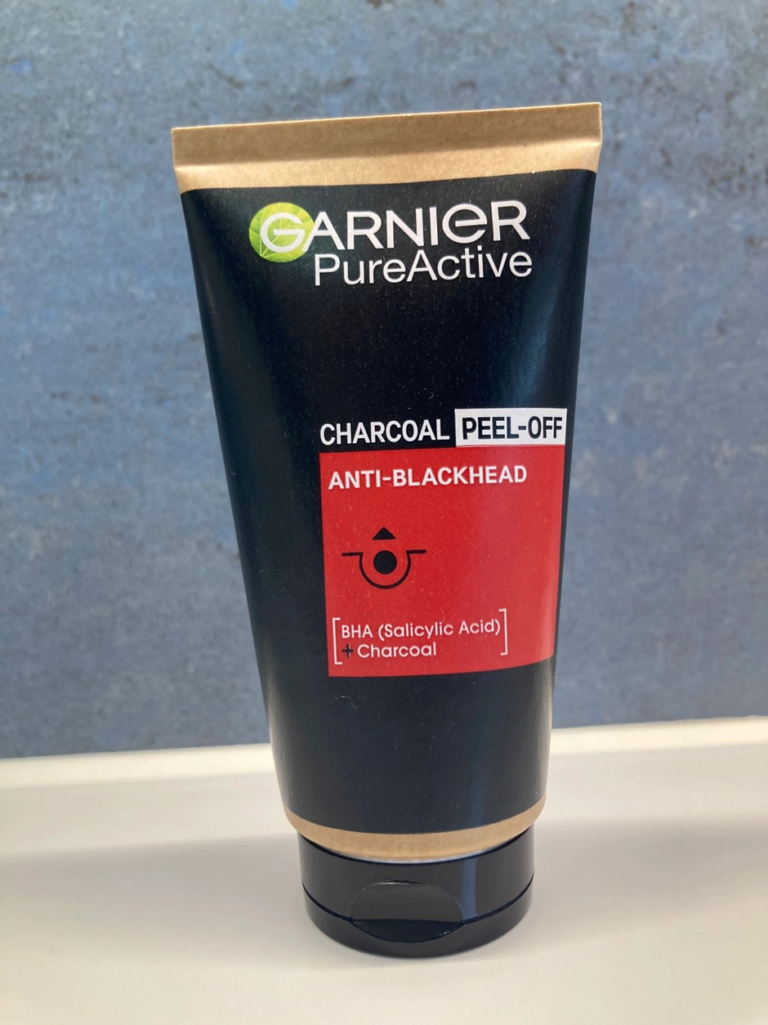Does Food Tolerance Blood Test Work?
Hippocrates supposedly once said that ‘all disease begins in the gut’
Before my 40s, I have never tried any allergy test for food intolerance. I ate whatever I liked, including gluten, and cow’s milk products (how can one say no to a tasty milk chocolate!). After being treated for a lung infection,- my digestive system just stopped working properly. I had intense pain where I could not sit or move, travelling sometimes was a real pain. Other symptoms were bloating after meals. I have seen a naturopath, who proposed a test and gave me the pre- and probiotics to take to restore gut flora. I must this alone really made a huge difference and how I felt and I would recommend trying. However, I also did the allergy test to find out if it would make any difference to my digestion, based on the blood test.
The World Allergy Organisation findings confirm that IgE-mediated food allergy is characterized by rapid onset within minutes or hours after ingesting. IgE (Immunoglobulin E) is a type of antibody that plays a key role in the body’s immune response, particularly in allergic reactions
“Accordingly, for patients indeed diagnosed with food allergy, such result allows for a long-term management that sustains a rational dietary approach” Gargano D, Appanna R, et al. Food Allergy and Intolerance: A Narrative Review on Nutritional Concerns. Nutrients. 2021
It is also important to differentiate between food allergy ( reaction to eating certain types of food, causing the body to react) and food intolerance (inability of the body to digest some foods). Here is a link to the NHS for food intolerance and food allergy, for more information. In this blog post, I have reviewed the food allergy test.
About the food allergy test
A food allergy test is a diagnostic procedure used to determine if a person has an allergic reaction to specific foods. Food allergies occur when the immune system mistakenly identifies certain proteins in food as harmful, triggering symptoms that can range from mild (e.g., hives, stomach discomfort) to severe (e.g., anaphylaxis).
Types of Food Allergy Tests
These typically test for IgG antibodies (different from IgE), which are less reliable for diagnosing food allergies and more indicative of food sensitivities or intolerances.
Skin Prick Test (SPT):
A small amount of the suspected allergen is placed on the skin, which is then pricked to allow exposure.
If a raised, itchy bump develops, it suggests a potential allergy.
Blood Test (Specific IgE Test):
Measures the level of allergen-specific immunoglobulin E (IgE) antibodies in the blood.
Useful for identifying various food allergies, especially when skin testing is not possible.
Oral Food Challenge:
A controlled test where the patient consumes small, gradually increasing amounts of a suspected allergen under medical supervision.
Considered the most accurate method but comes with a risk of severe reactions.
Elimination Diet:
Involves removing suspected allergens from the diet and gradually reintroducing them to observe reactions.
At-Home Test Kits:
These typically test for IgG antibodies (different from IgE), which are less reliable for diagnosing food allergies and more indicative of food sensitivities or intolerances.
I have chosen an at-home blood (finger prick) test by Lykon.

About the Lykon test
The results of your FOOD REACTION TEST and the subsequent dietary adjustment can help you to finally understand the reasons for your physical complaints. Checking your reaction to 95/ 185 foods. All results are clearly and compactly in the LYKON app.
Read more here
The test, designed for home use, required a small blood sample to be taken in the morning before breakfast or any beverages. It took me about a week to mentally prepare myself, as I’m not particularly comfortable with such procedures.

Allergies can be life-changing, with various symptoms like sneezing, itching, swelling, vomiting, and diarrhoea; we provide accurate allergy testing to help you understand what might be contributing. Receive clear test results for IgE reactions to 23 foods and 19 environmental allergens.
Lykon tests are sold in Germany and Switzerland, but I also found some great reviews for a similar one – York test in the UK. The test is based on the evidence from DNA research made by Harvard et al. and connects the interaction of our genes to our metabolism. Meaning that our DNA-based nutrition may help to get to the perfect weight.
How to do the test
The test, designed for home use, required a small blood sample (finger prick) to be taken in the morning before breakfast or any beverages.
Inside the test kit, I found a leaflet, comprehensive instructions, a finger prick device, a sample tube, and antiseptic tissues. Following the instructions. I soaked my hand in warm water for a few minutes to facilitate the process. If I could do it, anyone could. The best tip I can give and just try to relax and collect as much as possible in this little tube.
Results of food allergy test
On the same morning, I dispatched the sample to the designated laboratory and received the results within a week.
I have found some intolerances to garlic, bananas, kiwi, and cow’s milk. Within the Lykon app, there are also recommendations on the better alternatives for me and how often I should eat the intolerant foods if I really want to. I have also made a video link to show how the results look on the app.
It has been a month since I made these dietary changes, and the sharp stomach pains have vanished. Additionally, I’ve lost 4 kilograms. While I can’t definitively attribute this weight loss to my altered eating habits or the elimination of highly intolerant foods, I genuinely believe the test has played a significant role.
Changing one’s dietary habits is a journey, and every tool that aids in making it smoother, like this test, is invaluable. Pricing can be off-putting considering Lykon is about 100 euros, and York test is 139 pounds with a discount. But I do consider this cost as a long-term investment in my health.
I’ve also come across the concept of food intolerance testing through hair analysis, but research suggests it may not be as reliable as blood testing.
All in all, would I recommend to at least read more about this topic and discuss with a doctor – definitely. Will I recommend taking this test at home – yes, for sure!
Have you tried a food intolerance test? Share your experience below!
Disclaimer: My insights are based solely on my personal experience and should not be considered medical advice. Consult a healthcare professional for any medical concerns.
#BloodTestFood #FoodAllergyTest






